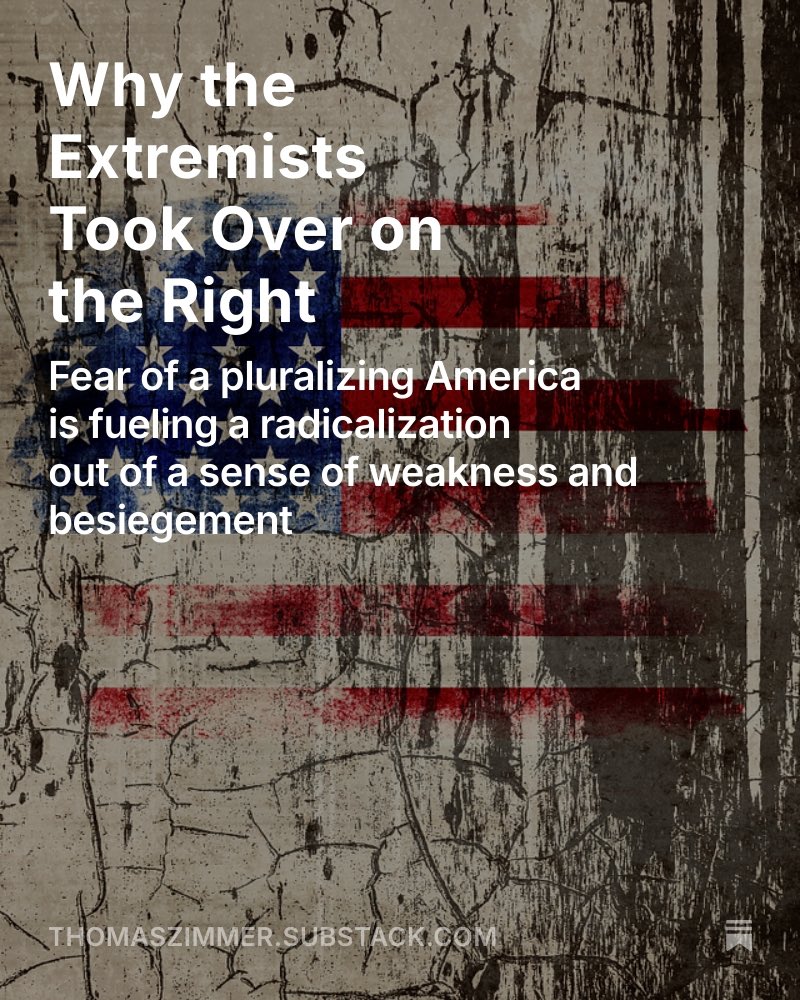Anybody who knows anything about U.S. history should understand that „Americans experienced more freedom to express themselves and fewer political constraints in the mid-1950s than today“ is a take that automatically disqualifies you from being taken seriously. The mid-1950s!
https://twitter.com/Yascha_Mounk/status/1289333770370203650
There are lots of interesting ways to approach data like that: Who are these „Americans“? What are the contexts in which they were asked these questions? How did the actual meaning of the questions and the answers change over time, depending on the specific context?
Instead, Yascha Mounk gives us the most superficial, most misleading of all interpretations. His naive belief in the timeless objectivity of social/survey data and his ignorance towards the need to qualify and historicize such raw numbers are truly special.
Precisely this!
https://twitter.com/whinecough/status/1289403091708592128?s=21https://t.co/x4Kdv64YfG
And this!
https://twitter.com/sethcotlar/status/1289422230191869952?s=21https://t.co/e9JQ4P8oMi
And yes, this, very much this!
https://twitter.com/jbouie/status/1289364191892123648?s=21https://t.co/fO5c8NIstR
Another great thread on how and why Mounk is being not just clueless, but utterly dishonest
https://twitter.com/rottenindenmark/status/1289338169410777088?s=21https://t.co/Shvo0RHLD2
• • •
Missing some Tweet in this thread? You can try to
force a refresh






